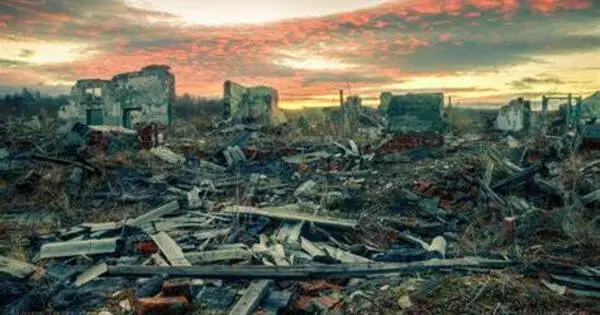Societal collapse refers to the complete or severe breakdown of a society’s social, political, economic, and cultural systems. It is the collapse of a complex human society marked by the loss of cultural identity and social complexity as an adaptive system, as well as the fall of government and the rise of violence. It is a complex and multifaceted phenomenon that can be caused by a variety of factors.
While societal collapse is a rare occurrence on a large scale, civilizations or societies have experienced significant decline or collapse throughout history. Natural disasters, war, pestilence, famine, economic collapse, population decline or overshoot, mass migration, and sabotage by rival civilizations are all potential causes of societal collapse. A collapsed society may revert to a more primitive state, be absorbed into a stronger society, or completely disappear.
Some common factors contributing to societal collapse include:
- Economic Decline: Economic insecurity, widespread poverty, and resource depletion all have the potential to contribute to societal collapse. If a society is unable to meet the basic needs of its citizens, it may experience social unrest and eventually collapse.
- Political Instability: Political institutions that are weak or corrupt can cause social unrest and a loss of trust in the government. Political instability, combined with ineffective governance, can contribute to the collapse of a society.
- Environmental Factors: Environmental degradation, resource depletion, and climate change can all have far-reaching consequences for a society. A society that is heavily reliant on agriculture, for example, may collapse if faced with prolonged droughts or other extreme weather events.
- Social Inequality: High levels of social inequality can lead to unrest and dissatisfaction among the population. If a significant portion of the population feels marginalized or oppressed, it can contribute to social upheaval.
- Cultural Decay: Cultural values erosion, loss of identity, or a breakdown in social cohesion can all contribute to societal collapse. This could include a decline in educational systems, moral values eroding, or a loss of a shared sense of purpose.
Almost all civilizations, regardless of size or complexity, have suffered such a fate, but some, such as China, India, and Egypt, have recovered and transformed. Others, however, such as the Western and Eastern Roman Empires, the Maya civilization, and the Easter Island civilization, never recovered. Societal collapse is usually quick but not always abrupt.
















